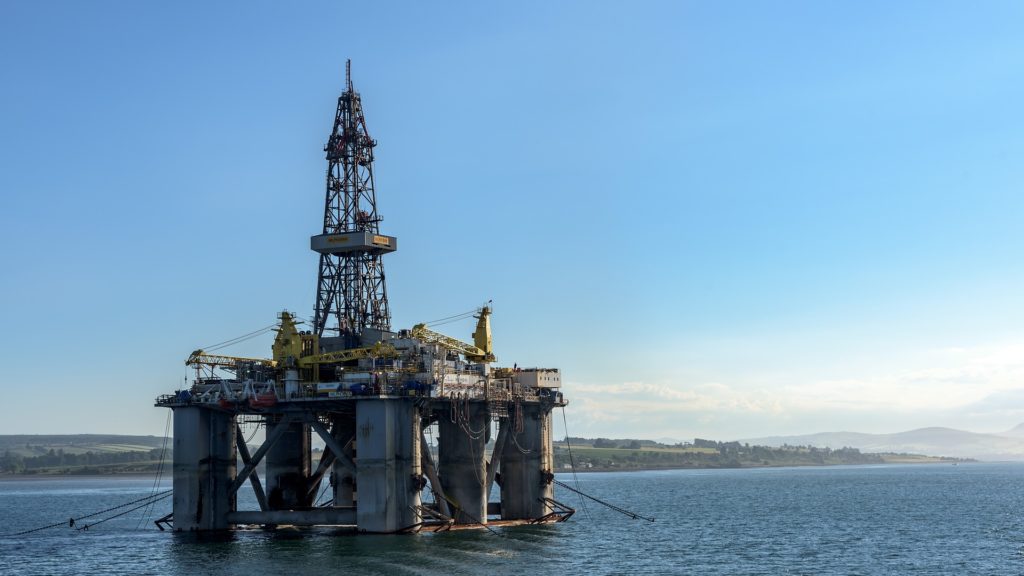The G7 group and its allies officially approved a cap on the price of Russian oil on Friday. The cap is expected to go into effect in the coming days. The decision came shortly after the European Union agreed on its own price cap. Both plans will stop European and G7 countries from paying more than $60 per barrel of crude oil.
The cap on the price of oil has been set for around 5% below the market rate. Currently, one barrel of Russian Urals crude oil trades at $64. The price cap aims to prevent Russia from making bumper profits from the sale of oil, which it in turn uses to finance its war in Ukraine, while also avoiding price spikes.
The agreement follows months of negotiations. Many EU nations along Russia’s border had advocated for the lowest possible price cap, rejecting initial proposes from the EU to set the cap at $65-70.
In a joint statement by the G7 and Australia, the allies said that their decision was in order to “prevent Russia from profiting from its war on aggression against Ukraine, support stability in global energy markets, and to minimise negative the economic spill-over of Russia’s war of aggression, especially on low- and middle-income countries.”
This price cap will be further strengthened by an upcoming 5 December EU ban on Russian crude oil imported by sea. Those who signed the G7 agreement, and are not part of the EU ban, will only be able to purchase oil shipped via sea at or below the price cap.
Related News
- Shell buys out biogas producer for €1.9 billion
- High energy prices will kill more than 100,000 Europeans this winter, study finds
Russia has already denounced the scheme, threatening to disrupt supply to those who enforced a price cap. The move will have a significant impact on the Russian economy, which depends on the sale of hydrocarbons and minerals to fund its state budget.
It is expected that Russia will reduce the economic impact of the price caps by further pivoting its oil sales to the East. India and China are now the single biggest buyers of Russian crude oil.
Before the war, more than half of Russia’s oil exports went to Europe, with Germany as the largest importer. Now, most European nations have weaned off Russian energy dependence, working to diversify supply.

